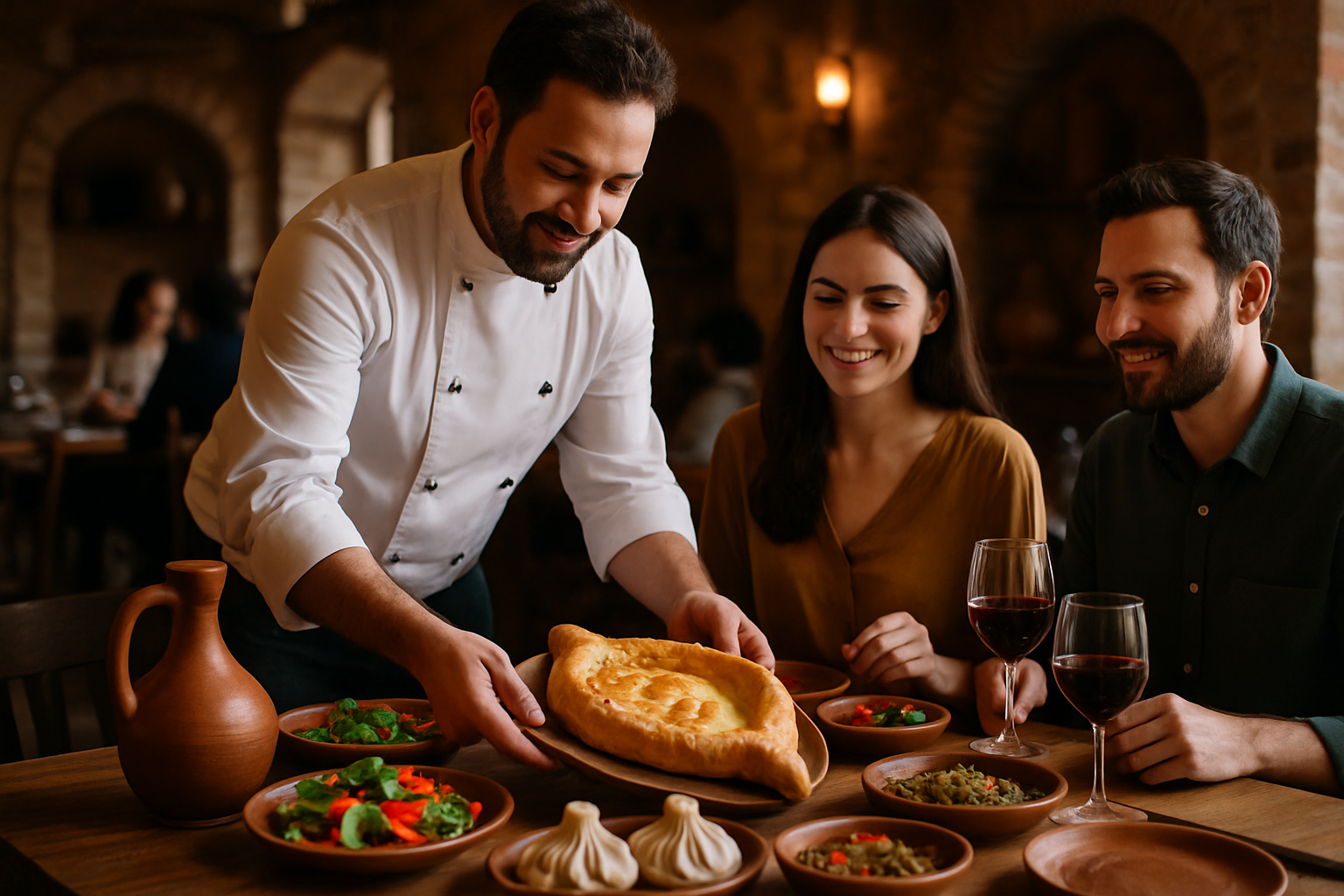Culinary Couchsurfing: Dining with Locals in Their Homes
Embark on a gastronomic adventure that transcends traditional restaurant experiences. Culinary couchsurfing, an emerging trend in experiential travel, invites intrepid food lovers to savor authentic local cuisine in the homes of passionate home cooks around the world. This unique fusion of cultural immersion and culinary exploration offers travelers an intimate glimpse into the daily lives and flavors of their host destinations.

How Culinary Couchsurfing Works
Culinary couchsurfing platforms act as intermediaries, connecting travelers with local hosts who offer home-cooked meals. Visitors can browse profiles, read reviews, and select experiences based on cuisine type, dietary restrictions, and location. Hosts typically provide a multi-course meal, often featuring family recipes and regional specialties, in the comfort of their own homes.
Benefits for Travelers
For adventurous eaters, culinary couchsurfing offers numerous advantages over traditional dining options. Participants gain unprecedented access to authentic local cuisine, often sampling dishes not found in restaurants. The intimate setting allows for meaningful cultural exchange, as hosts share stories about their culinary heritage and daily life. Additionally, these experiences can be more budget-friendly than high-end restaurants, while offering a more personalized and memorable encounter.
Impact on Local Communities
Culinary couchsurfing has a positive ripple effect on host communities. It provides an additional income stream for talented home cooks, many of whom are passionate about preserving and sharing their culinary traditions. This grassroots approach to tourism supports local economies and fosters cross-cultural understanding. Moreover, it encourages the preservation of traditional recipes and cooking techniques that might otherwise be lost to time.
Challenges and Considerations
While culinary couchsurfing offers unique opportunities, it also presents challenges. Food safety and hygiene standards can vary, and language barriers may complicate communication. Additionally, the intimate nature of these experiences requires both hosts and guests to navigate cultural sensitivities and personal boundaries. Platforms must implement robust vetting processes and clear guidelines to ensure positive experiences for all parties involved.
The Future of Culinary Couchsurfing
As experiential travel continues to grow in popularity, culinary couchsurfing is poised for expansion. Industry experts predict an increase in specialized offerings, such as themed dinners, cooking classes, and multi-day culinary retreats. The trend is also likely to spread beyond major cities into rural areas, offering travelers access to hyper-local and seasonal cuisines.
Insider Tips for Culinary Couchsurfers
• Research host profiles thoroughly and read past guest reviews
• Communicate dietary restrictions and preferences clearly in advance
• Arrive with an open mind and a willingness to try new flavors
• Bring a small gift from your home country as a gesture of appreciation
• Learn basic phrases in the local language to enhance communication
• Ask about local etiquette to avoid cultural faux pas
• Be prepared to participate in meal preparation if invited
• Share your own culinary traditions to create a true cultural exchange
Culinary couchsurfing represents a delicious intersection of food, culture, and connection. By stepping into the kitchens and dining rooms of locals, travelers gain a deeper understanding of their destination through its flavors and hospitality. As this trend continues to evolve, it promises to reshape the landscape of culinary tourism, offering a more intimate and authentic way to explore the world one meal at a time.




